


Next Move Strategy Consulting is a premier market research and management consulting firm that has been committed to provide strategically analysed well documented latest research reports to its clients. The research industry is flooded with many firms to choose from, what makes Next Move different from the rest is its top quality research and the obsession of turning data into knowledge by dissecting every bits of it and providing fact-based research recommendation that is supported by information collected from over 500 million websites, paid databases, industry journals and one on one consultations with industry experts across a diverse range of industry sectors. The high quality customized research reports with actionable insights and excellent end-to-end customer service help our clients to take critical business decisions that enables them to move beyond time and have competitive edge in the industry.
read more
Our offerings include syndicate and custom reports that provide critical industry information on the following verticals.
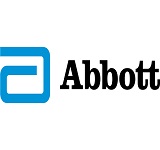
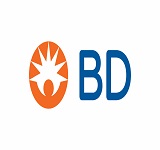
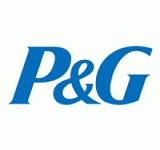
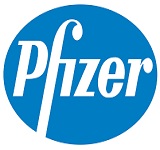
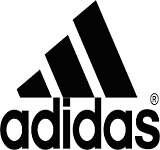
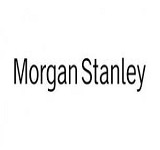
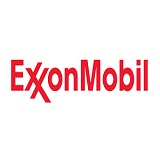
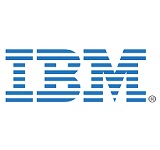
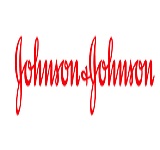
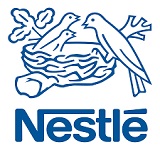
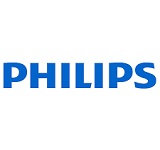
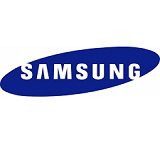
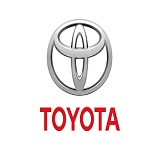




Not interested in calling? Get in touch with us by requesting a call back, our marketing executive will shortly get in touch with you.
Please notify us for a free sample or for any query to be solved. Our expert research analysts are available for any kind of query.